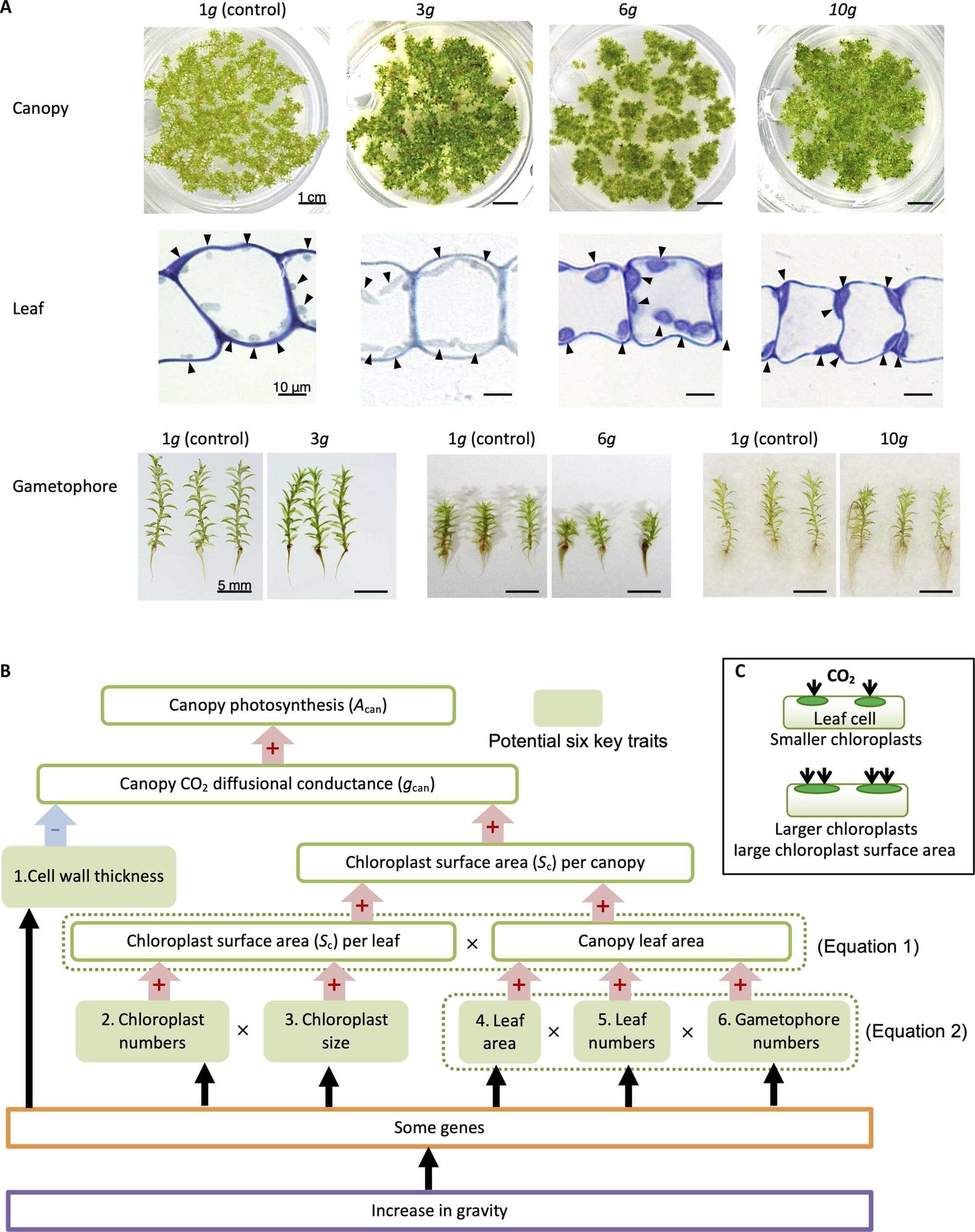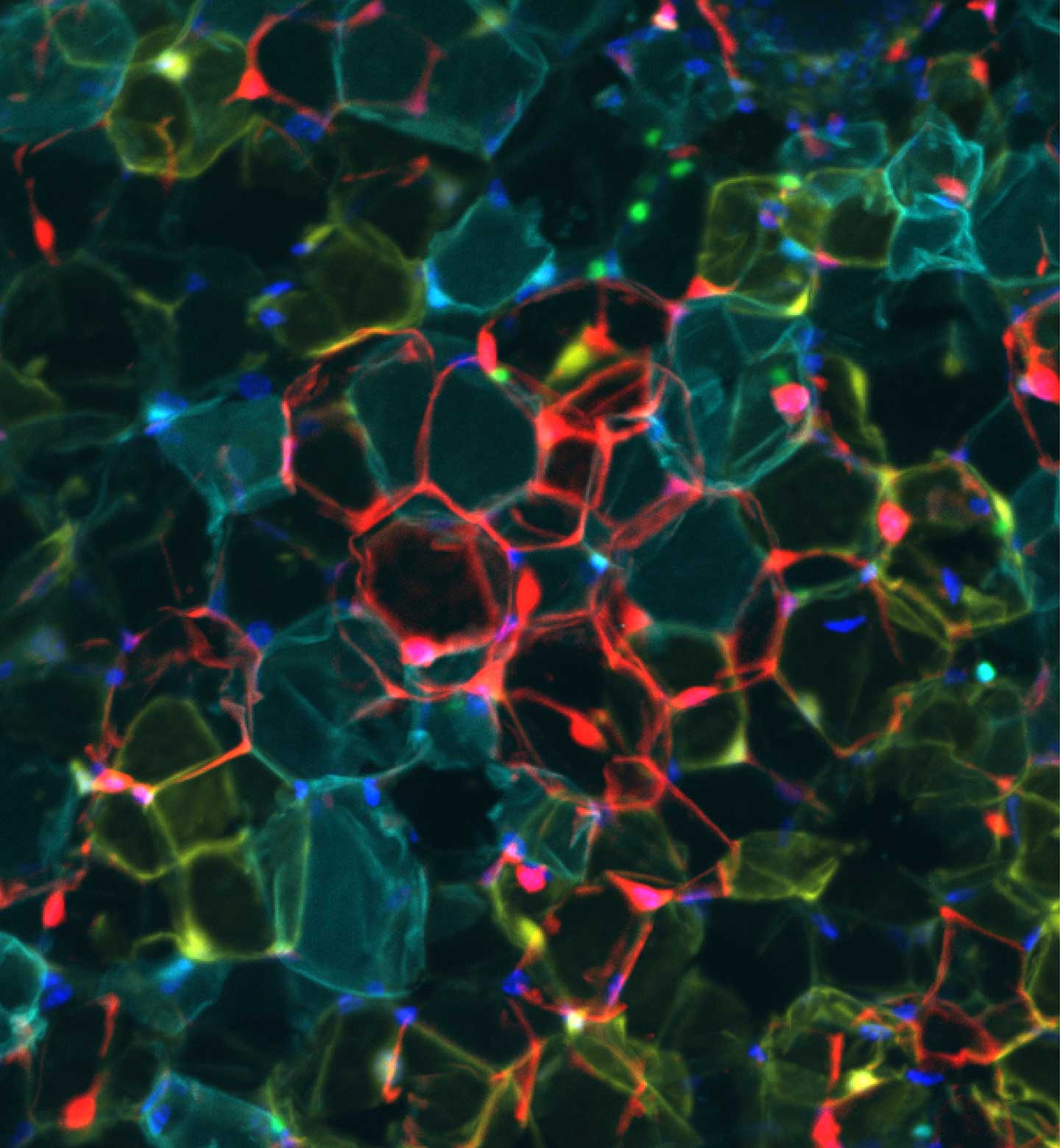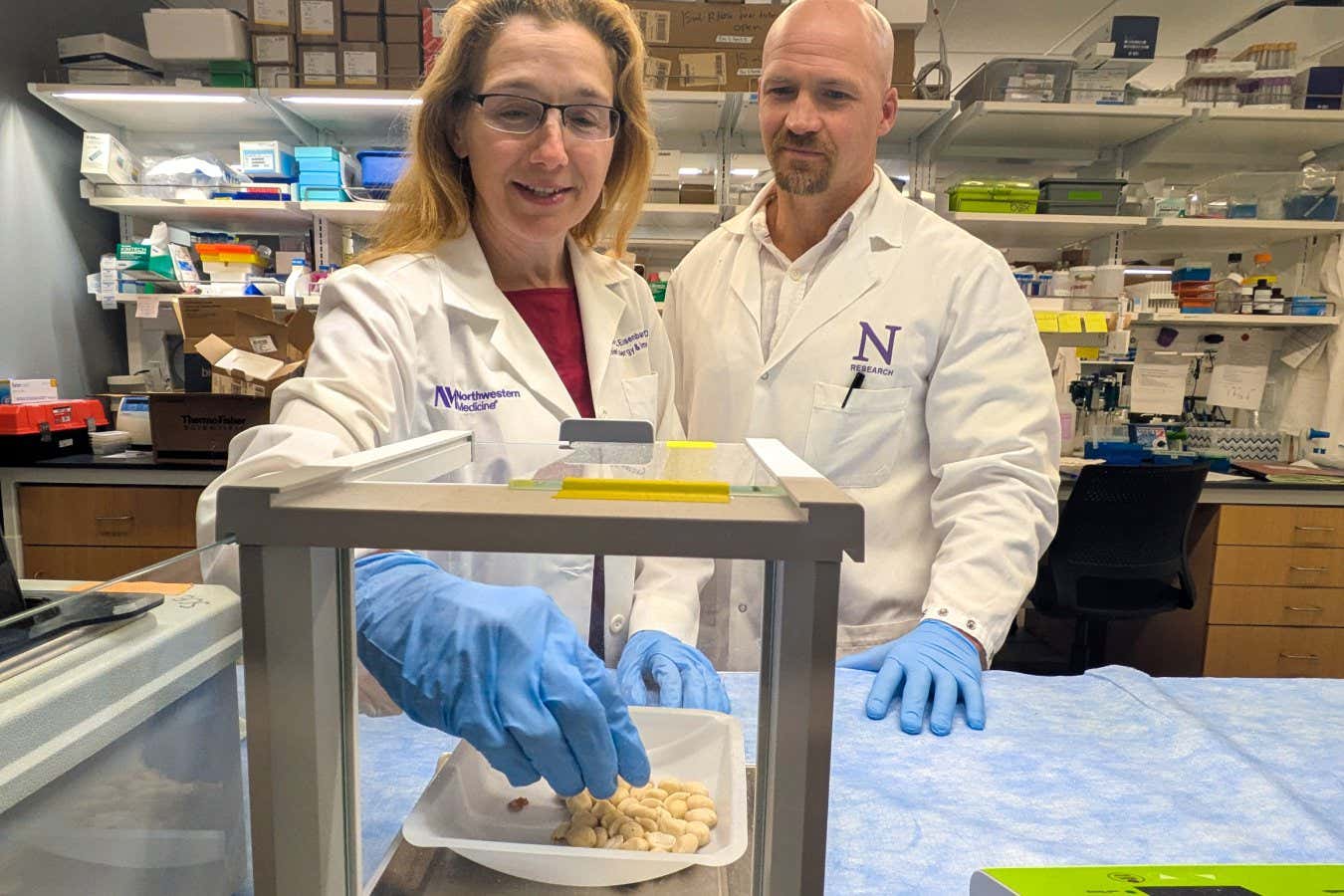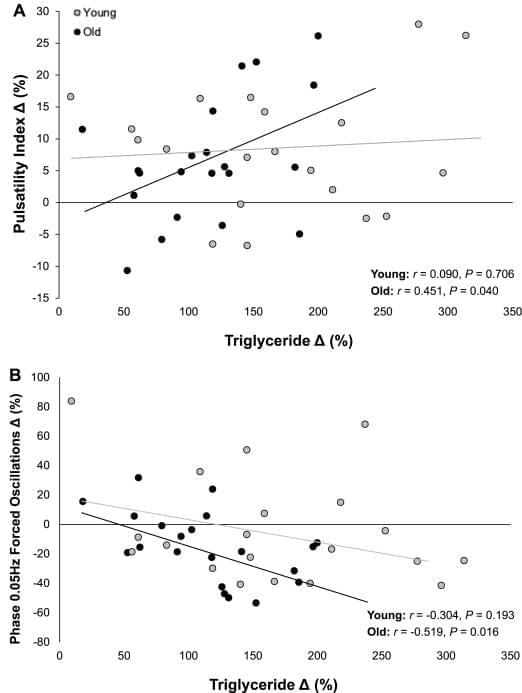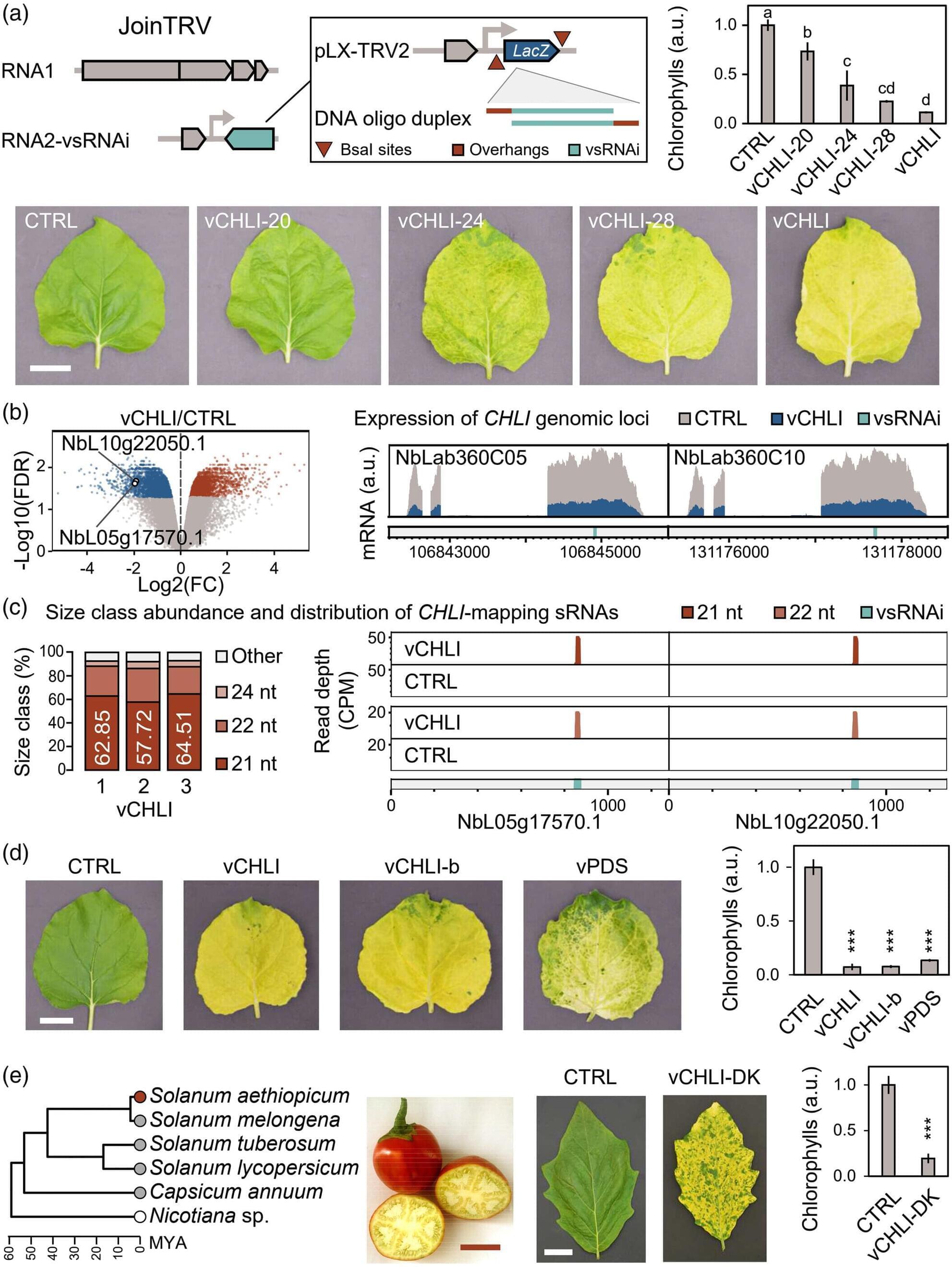A team of researchers from the Spanish National Research Council has made a significant advance in plant biotechnology by developing a new method for silencing genes. The novel technique uses ultra-short ribonucleic acid (RNA) sequences carried by genetically modified viruses to achieve genetic silencing, allowing the customization of plant traits. The work, published in the Plant Biotechnology Journal, opens up new avenues for crop improvement, functional genomics, and sustainable agriculture.
Viral vector technology involves modifying viruses, removing the genetic material that causes disease, to turn them into vehicles that carry the RNA sequence to be introduced into an organism. This technique, when applied to plants, has already proven effective under experimental conditions in inducing flowering and accelerating the development of improved crop varieties, modifying plant architecture to facilitate adaptation to mechanization, improving drought tolerance, and producing metabolites beneficial to human health, among other applications.
Now, the method developed by the CSIC, together with the Valencian University Institute for Research on the Conservation and Improvement of Agrodiversity (COMAV) and the Italian Department of Applications and Innovation in Supercomputing (Cineca), represents an optimization of technological platforms to accelerate the development and validation of agricultural applications based on viral vectors.

